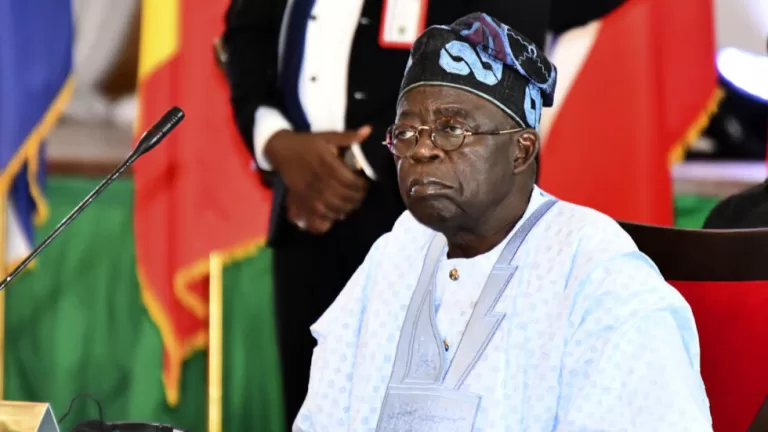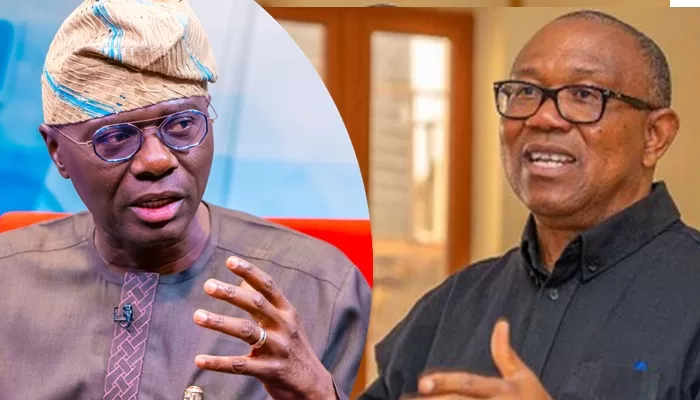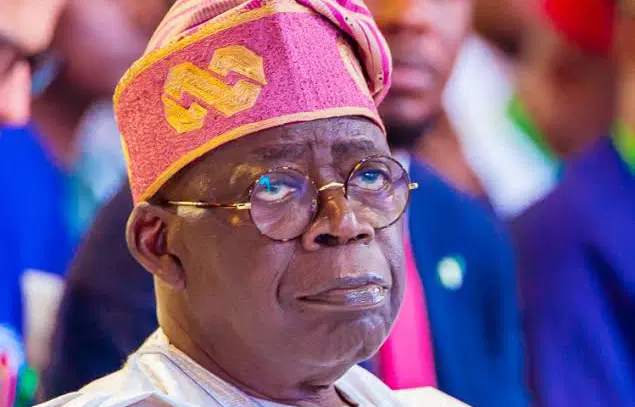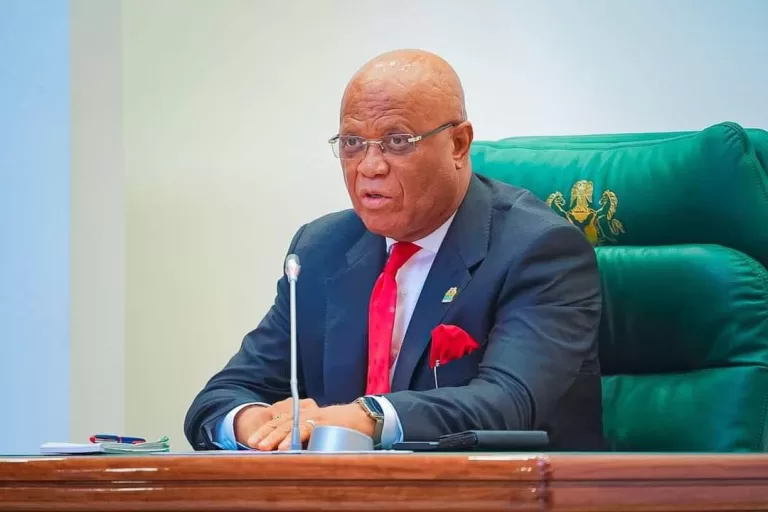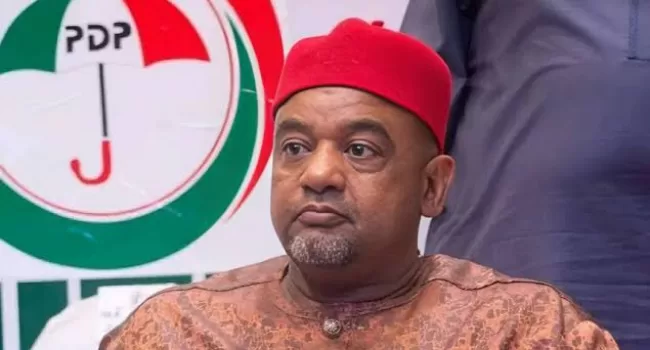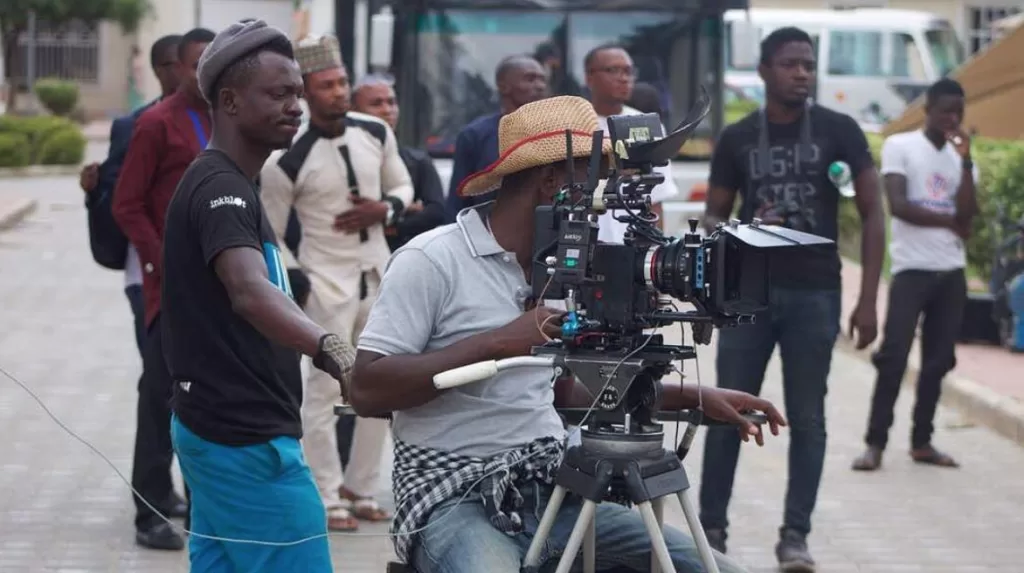
In the face of one of Nigeria’s worst economic slumps in decades, Nollywood filmmakers are finding a new home: YouTube. With the cost of living soaring and entertainment budgets shrinking, the country’s legendary film industry is pivoting to a platform that’s not only more affordable for viewers, but also increasingly lucrative for creators.
The shift reflects a deeper transformation in how Nigerians consume entertainment. The removal of petrol subsidies and currency support by President Bola Tinubu has sent prices skyrocketing, hitting everything from transport to internet data. Paid entertainment hasn’t been spared — Netflix hiked its premium subscription price twice in 2024, now costing ₦7,000 ($4.50), in a country where over half the population lives in poverty, according to the World Bank.
Cable TV and broadband providers have also joined the price-hiking spree, pushing many Nigerians to cut back. A growing number now rely on YouTube — where content is free and interaction thrives.
“I feel good when I read a comment that speaks my thoughts about a scene or the movie,” said 31-year-old Ibadan-based health worker Adeleke Adesola. “Plus, I don’t have to pay a monthly fee to watch.”
The numbers back this up. Pay-TV giant MultiChoice lost nearly 250,000 subscribers between April and September 2024. Streaming giants like Netflix and Prime Video have responded by reducing investments in local content.
Despite Nollywood producing an average of 50 films weekly — second only to India’s Bollywood — filmmakers are struggling to find sustainable distribution channels. But YouTube is quickly filling that gap.
“More full-length Nollywood films are being uploaded to YouTube than ever before,” said Kazeem Adeoti, filmmaker and co-founder of iBAKATV. “Top actors now run their own channels, cutting out the middlemen.”
And it’s working.
According to Google West Africa’s spokesperson Taiwo Kola-Ogunlade, watch times for Nollywood content on YouTube are consistently high, which boosts creator earnings through advertising revenue.
“YouTube is not only drawing more viewers, it’s making it easier for filmmakers to monetize their work while retaining creative control,” he said.
It’s also cheaper.
Unlike streaming giants or cinemas that require premium-grade visuals, set designs, or language constraints, YouTube allows more creative freedom.
“There are no strict rules on production equipment or language mix,” said Seun Oloketuyi, producer and founder of the Best of Nollywood (BON) Awards. “Filmmakers spend less, keep their rights, and still make money. It’s a win-win.”
While Netflix and Prime Video maintain they’re not exiting Nigeria, the terms for filmmakers have changed. Many Nigerian films licensed to Netflix are geoblocked, available only in Africa — leaving YouTube as the go-to global stage for Nigerian storytellers.
As cinema tickets become a luxury and streaming subscriptions dwindle, Nollywood’s migration to YouTube looks less like a trend — and more like the future.


